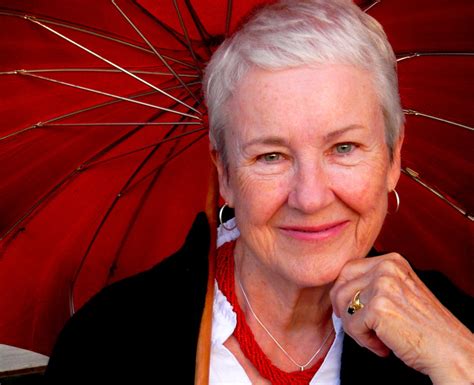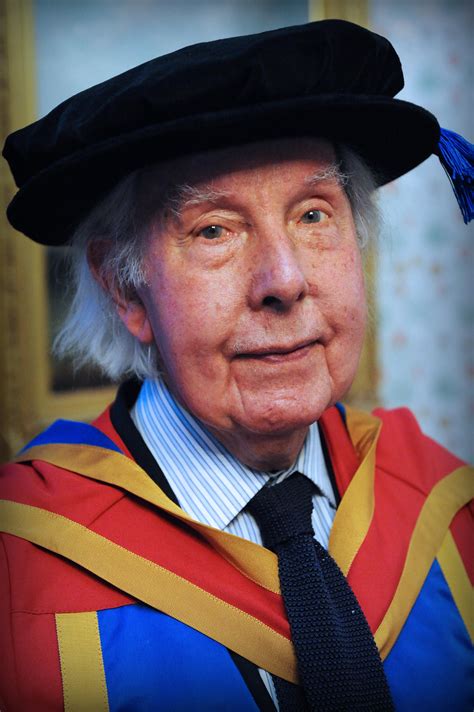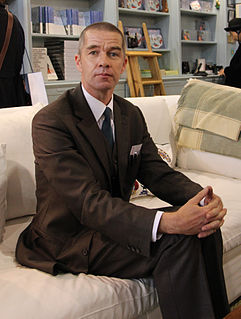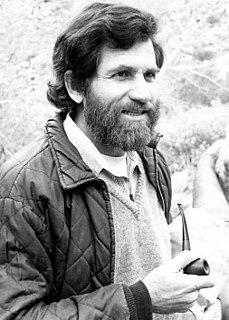A Quote by Tony Kushner
Imagination can't create anything new, can it? It only recycles bits and pieces from the world and reassembles them into visions... So when we thing we've escaped the unbearable ordinariness and, well, untruthfulness of our lives, it's really only the same old ordinariness and falseness rearranged into the appearance of novelty and truth. Nothing unknown is knowable.
Related Quotes
When common objects in this way be come charged with the suggestion of horror, they stimulate the imagination far more than things of unusual appearance; and these bushes, crowding huddled about us, assumed for me in the darkness a bizarre grotesquerie of appearance that lent to them somehow the aspect of purposeful and living creatures. Their very ordinariness, I felt, masked what was malignant and hostile to us.
The point I would make is that the novelist and the historian are seeking the same thing: the truth – not a different truth: the same truth – only they reach it, or try to reach it, by different routes. Whether the event took place in a world now gone to dust, preserved by documents and evaluated by scholarship, or in the imagination, preserved by memory and distilled by the creative process, they both want to tell us how it was: to re-create it, by their separate methods, and make it live again in the world around them.
I, and all the complex things around me, exist only because many things were assembled in a very precise way. The 'emergent' properties are not magical. They are really there and eventually they may start re-arranging the environments that generated them. But they don't exist 'in' the bits and pieces that made them; they emerge from the arrangement of those bits and pieces in very precise ways. And that is also true of the emergent entities known as "you" and "me".







































